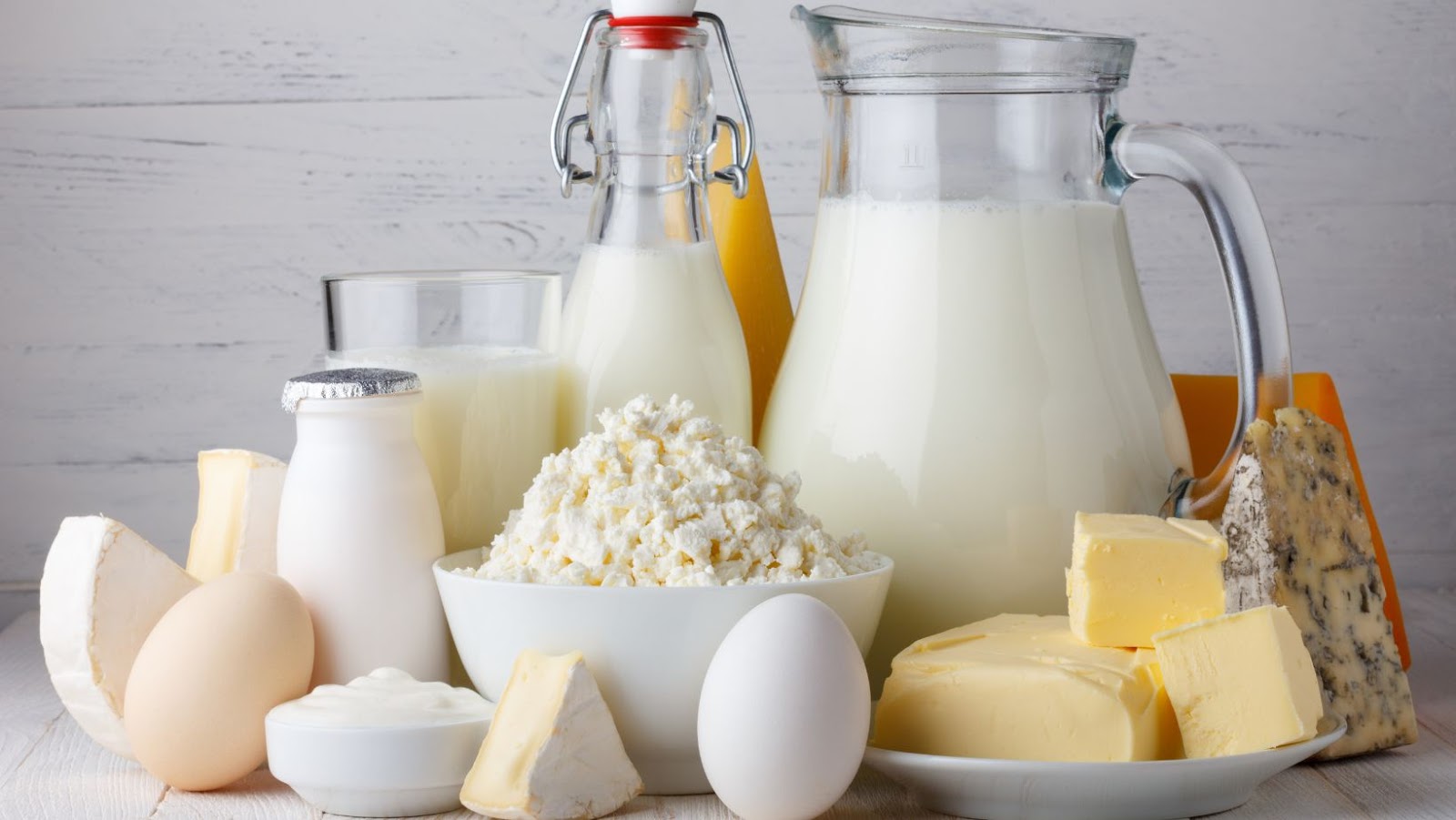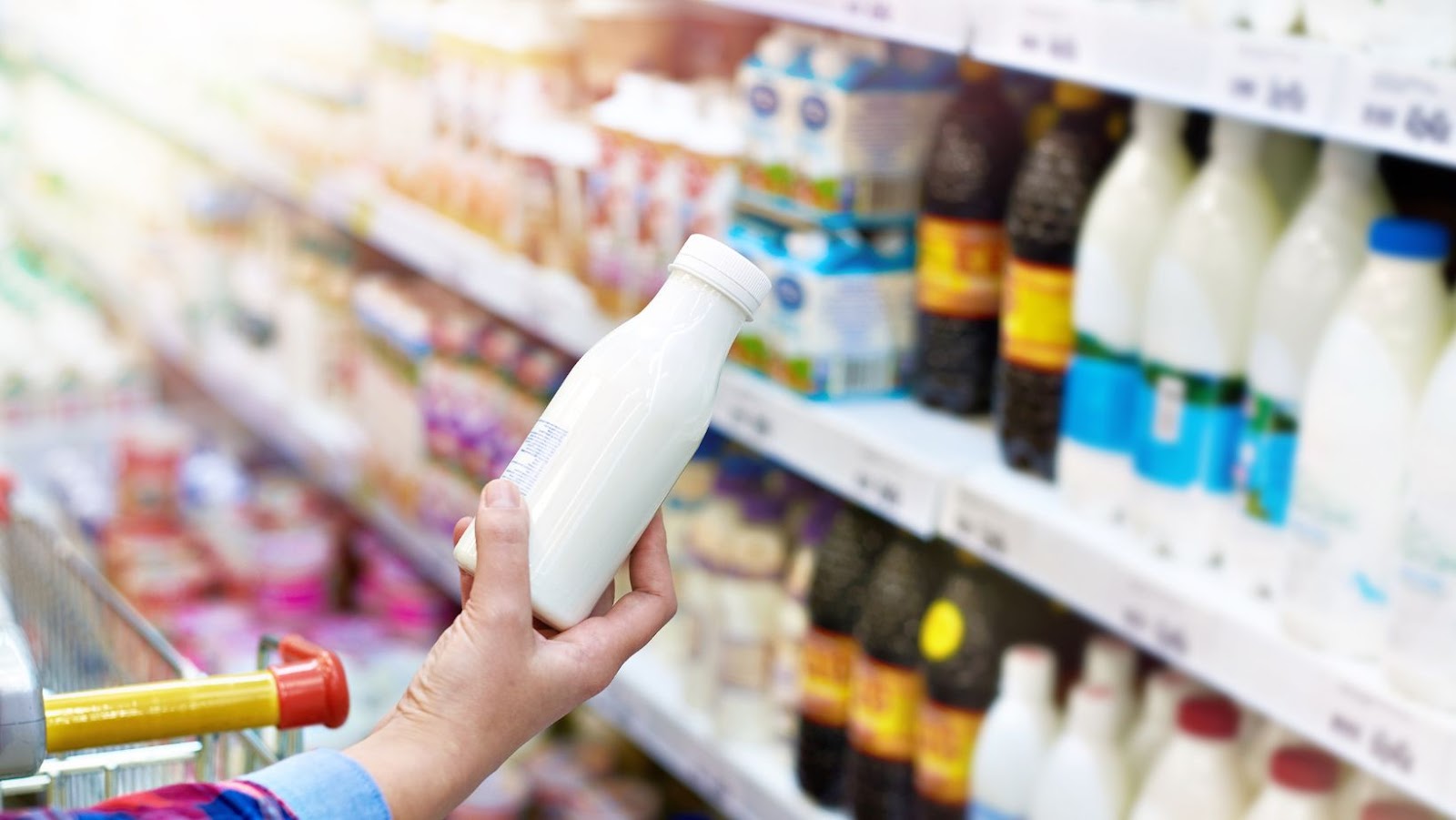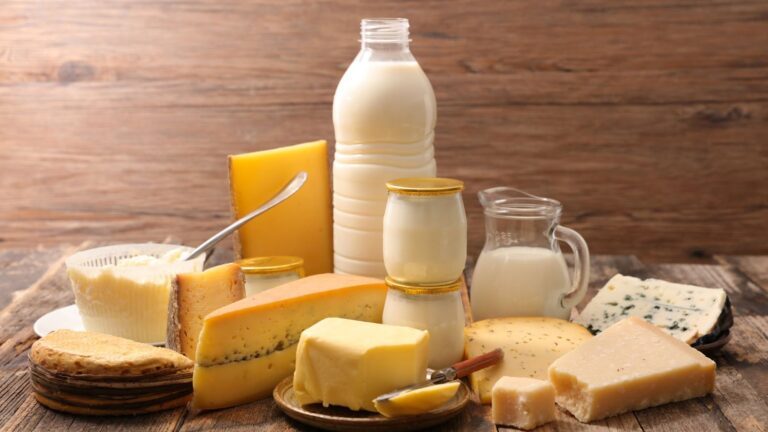If you’re a fan of probiotics, you may be wondering if milk has any probiotics in it. Well, the answer depends on the type of milk you’re drinking.
Raw milk, which is unpasteurized, contains an array of beneficial bacteria, including probiotics. However, the levels and types of bacteria can vary depending on the source of the milk and the health of the cow. It’s important to note that consuming raw milk comes with potential health risks, and it’s not recommended by health experts.
On the other hand, most of the milk you’ll find in the grocery store has been pasteurized, a process that involves heating the milk to kill harmful bacteria. Unfortunately, pasteurization also kills off many of the beneficial bacteria, including probiotics. However, some companies may add probiotics back into the milk after pasteurization. So, if you’re looking for a probiotic-rich milk, be sure to check the label for added probiotics.
Does Milk Have Probiotics
Milk is something that many of us consume on a daily basis, and there has been a lot of talk lately about the benefits of probiotics. Some people wonder if milk could be a natural source of probiotics. So, does milk have probiotics? The answer is a bit complicated.
Firstly, it’s important to understand what probiotics are. Probiotics are live microorganisms (usually bacteria) that are similar to the beneficial microorganisms naturally found in our gut. They are believed to provide many health benefits, such as improving digestion, boosting the immune system, and reducing inflammation.
While milk itself is not a significant source of probiotics, it can contain probiotics if it undergoes a fermentation process. Fermentation is the process of breaking down food using microorganisms, such as bacteria and yeast. This process can lead to the production of probiotics in milk, yogurt, and other dairy products.

In addition to yogurt, there are other fermented dairy products that may contain probiotics, such as kefir and buttermilk. These products are made by adding bacterial cultures to milk and allowing it to ferment. However, it’s important to note that not all types of yogurt and other fermented dairy products contain probiotics. Some commercial brands may heat-treat their products after fermentation, which can kill off the beneficial bacteria.
Overall, while milk itself is not a significant source of probiotics, fermented dairy products such as yogurt can be a good source of these beneficial microorganisms. If you’re looking to add probiotics to your diet, it’s a good idea to look for yogurts and other fermented dairy products that have live and active cultures listed on the label.
While yogurt is perhaps the best-known dairy product containing probiotics, there are other options worth exploring. I’ve already covered how milk can be fortified with probiotic strains, but there are other dairy products that naturally contain probiotic properties.
Kefir is made from fermented milk and has a tart flavor similar to yogurt. It contains a variety of strains, including Lactobacillus acidophilus and Bifidobacterium bifidum. Some studies suggest that kefir can improve digestion and promote the growth of good bacteria in the gut.
Another option is aged cheeses, such as cheddar, gouda, and parmesan. While the aging process kills off some of the bacteria, others can survive and contribute to improved gut health. Additionally, certain cheeses, such as blue cheeses, contain mold that has been shown to have probiotic properties.

Finally, there’s buttermilk, which is a tangy, sour milk that’s often used in cooking and baking. Traditional buttermilk is a byproduct of making butter, but you can also find commercially-produced buttermilk that contains probiotic strains. Lactobacillus acidophilus is a common strain found in buttermilk, and it may help improve digestive function.
So, while milk itself may not contain significant levels of probiotics, there are other dairy products that can provide the probiotic boost you’re looking for. From kefir to aged cheeses to buttermilk, there are plenty of options to choose from. Just be sure to check the labels and choose products that contain live, active cultures.
While probiotic milk may have several potential benefits, it’s essential to be aware of possible downsides. Here are a few potential drawbacks to drinking probiotic milk:
- Added sugars: Some probiotic milk brands may contain added sugars, which can contribute to weight gain and other health issues when consumed in excess.
- Lactose intolerance: Probiotic milk is still milk, which means it contains lactose. If you’re lactose intolerant, drinking probiotic milk can cause uncomfortable digestive symptoms like bloating, gas, and diarrhea.
- Allergies: Like regular milk, probiotic milk can trigger allergies in some people. Common milk allergies can cause symptoms like hives, wheezing, and vomiting.
- Probiotic strain issues: Not all probiotic strains are created equal. Depending on the specific strain used in the milk, it may not have significant health benefits. Additionally, some strains may cause issues in people with weakened immune systems or underlying health conditions.
Overall, probiotic milk can be a healthy addition to your diet if you choose a brand with minimal added sugars, and you’re not lactose intolerant or allergic to milk. As with any food, it’s best to enjoy probiotic milk in moderation and consult with your doctor if you have any concerns.

